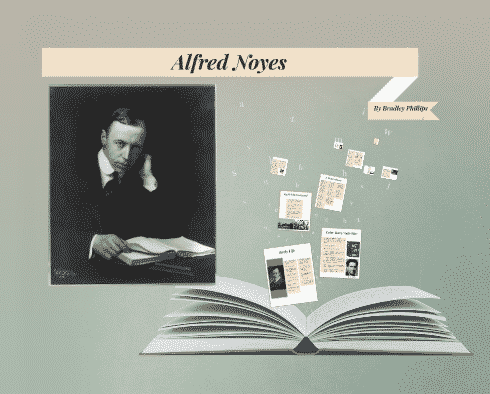7 Major Differences Between Passion and Hobby
You may have lots of hobbies, but you probably only have one or two passions. The key difference is when you take something seriously and are always intense about it. That’s a sure sign it’s a passion.
If you are pretty relaxed when you do the activity and you don’t feel strongly about it, it’s more likely a hobby than a passion. Examine some of your hobbies to see how you really feel about them, then try out a few ways to test the ones you think might truly be passions.
Examining Your Hobbies
1. Evaluate how you spend your time
Pay attention to what you do during a given day or a whole week. Notice what you do most frequently or for the longest amount of time in each session. The activities that you spend the most time on are likely to be passions rather than hobbies.

For example, let’s say in the course of a week you play guitar every day, shoot baskets twice, write bits of poetry four or five times and play Xbox once.
Guitar and poetry are top contenders to be passions, while basketball and gaming are hobbies.
Think about what you spend the most time on without noticing the time pass. A half hour of basketball is plenty, but two hours of picking guitar strings passes like minutes because it’s a passion.
2. Ask yourself if the activity is relaxing or painful.
Start doing the activity and after you’ve been at it a while, gauge how you feel. If you’re enjoying yourself and feel calm, you are probably pursuing a hobby. If you feel almost upset, or at least a bit tense or focused, you’re working on a passion.
This may seem crazy, but passions tend to cause you a bit of suffering. You care a lot about it, so pursuing a passion is not usually a calming experience.
Hobbies are enjoyable and pleasant, so you should feel pretty at peace when you’re engaging in a hobby.
For example, head out to your woodshop and start building something. If you are in deep concentration and feeling on edge, you’re passionate about woodworking. Otherwise, you’d feel relaxed.
3. Examine whether or not you are trying to improve at the activity
Do the activity a little more frequently than you usually would. Pay attention to whether you are working hard to get better at it or if you are simply doing it for the enjoyment you get in the moment. You work harder on passions than on hobbies.
You work to be the best at a passion, but you are satisfied with having fun with a hobby.
For example, if you are always cooking new recipes that challenge you, it’s a passion. If you like to cook chilli and cinnamon rolls repeatedly, that’s more of a hobby.
4. Question if the activity is related to your values and beliefs
Make a list of values you have about life, society, or your faith or belief system. Then make a list of pursuits that you think might be passions. If any of the activities line up with values you hold, those are passions.
This takes some abstract thinking, so give yourself time to look over the lists.

For example, you might list hiking, singing, and gaming as hobbies. You might list being adventurous, staying healthy, admiring beauty, and unplugging from technology as values. As you can see, hiking aligns with those values, so it’s a passion.
Putting Your Hobbies to the Test
Tell someone about the potential passion, and ask for their reaction
Pick something you think is a passion, and talk to a friend about it. When you’re done talking, ask them if you seemed intense or casual about it. If you talk for a long time and they say you were intense about it, that’s a sign it’s a passion.
When you are talking about your passion, you will probably speak louder, faster, and more. You’ll get worked up talking about it. You’ll sound excited and won’t want to stop talking.
If they say you didn’t seem to know very much, or you kept a pretty even tone, it’s a hobby. You’ll feel much more excitement talking about a passion than you will talking about a hobby.
2. Take a break from the activity for a week.
Choose something you do every week, or every few days, and stop doing it. If you think about it daily, miss it, and don’t feel like doing anything else, you’ve found something that’s a passion.
If it doesn’t bother you to stop doing it, it’s likely to be a hobby.
If you typically play ultimate frisbee every Wednesday, skip it this week. If you fill the time with something else and barely think about it, it’s a hobby.
Take a break from editing the film footage you are always shooting. If after two days you can’t think straight because you want to be at the computer, you know it’s a passion.
3. Use a quiz as an objective guide.
Get an opinion besides your own from a set of standardized questions. Be honest about your feelings on the activity. You’ll be able to learn how much it means to you from a set of questions and not just your own thoughts.
A quiz like this can’t tell you without a doubt whether something is a passion or a hobby. However, it forces you to be more objective about the activity than you are on your own.













